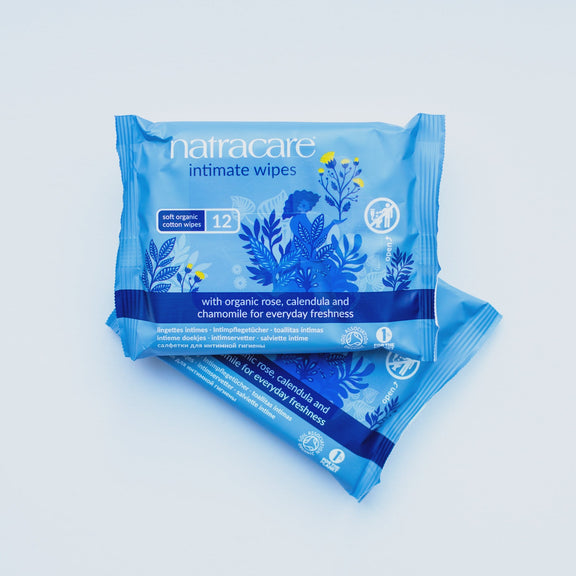Guess what? Vaginal odour is normal and here’s why
Vaginal odour is a common concern. We’ve all heard the jokes and derogatory comments surrounding female genitalia. Whilst it can be embarrassing to talk about, it’s important to remember that vaginal odour is usually a natural occurrence that can be easily managed. Below are some things to watch out for as well as tips to help you maintain good intimate hygiene.
Is it normal for my vagina to smell?
Yes! (Well, usually.) A mild, musky odour is completely normal and is typically associated with the vagina's natural balance of bacteria. Your body is unique and what is normal for you, may not be normal for others- and that’s ok. Odour can vary depending on factors such as menstrual cycle, sexual activity, and hygiene practices. However, when the odour becomes strong, unpleasant, or accompanied by other symptoms, it may indicate an underlying issue that requires attention.
What causes unpleasant vaginal odour?
- Fishy vaginal odour. Infections such as Bacterial Vaginosis (BV) is one of the most common causes of vaginal odour. BV occurs when there is an imbalance in the bacteria naturally found in the vagina. Symptoms include a strong fishy odour, along with a thin grayish discharge. [1]
- Yeast Infections: Candida overgrowth can lead to a yeast infection, resulting in a thick, cottage cheese-like discharge and a yeasty odour. [2]
- Poor Hygiene: Inadequate or excessive cleaning of the genital area can disrupt the natural pH balance, leading to unpleasant odour. It's essential to strike a balance and avoid using harsh soaps, douches, or scented products that can irritate the delicate vaginal tissues. [3]
- Sweat and Menstrual Blood: Sweat and menstrual blood can contribute to temporary odour. Proper hygiene practices during periods, such as frequent changing of sanitary products, can help minimise the odour.
Tips for practicing good intimate hygiene
- How to clean your vagina. Your vagina is self-cleaning, so there’s no need to clean it internally. Your vulva (the external parts of your genitals) is not self-cleaning. If you choose to use something to clean your vulva other than water, opt for a natural intimate wash, free from glycerine, parabens, hormones, fragrances, and skin irritants. Check out YES® CLEANSE here for a certified organic, hormone and paraben free option. YES® CLEANSE is pH-matched to the vagina, so it won't throw your vaginal microbiome out of whack. Natural intimate wipes are an excellent choice when you need freshness on the go or between showers. Try Natracare organic intimate wipes. Natracare products are pH balanced, made without parabens or alcohol, and made using organic cotton. They are also biodegradable and plastic-free.
- Avoid douching, as it can disrupt vaginal pH and increase the risk of infections. [4]
-
Wear Breathable Fabrics: Opt for cotton underwear and loose-fitting clothing to allow air circulation and prevent moisture buildup, which can contribute to bacterial growth and odour. [5]
-
Practice Safe Sex: Using condoms during sexual activity can help prevent sexually transmitted infections (STIs) that may cause vaginal odour.
- Healthy Diet and Lifestyle: A well-balanced diet, regular exercise, and staying hydrated can promote overall vaginal health. Avoid excessive sugar intake, as it can contribute to yeast infections.
Remember, your body is unique, and it's important to pay attention to any significant changes or persistent symptoms. If you have concerns about vaginal odour or experience any associated discomfort, it is always recommended to speak to your GP.
References:




